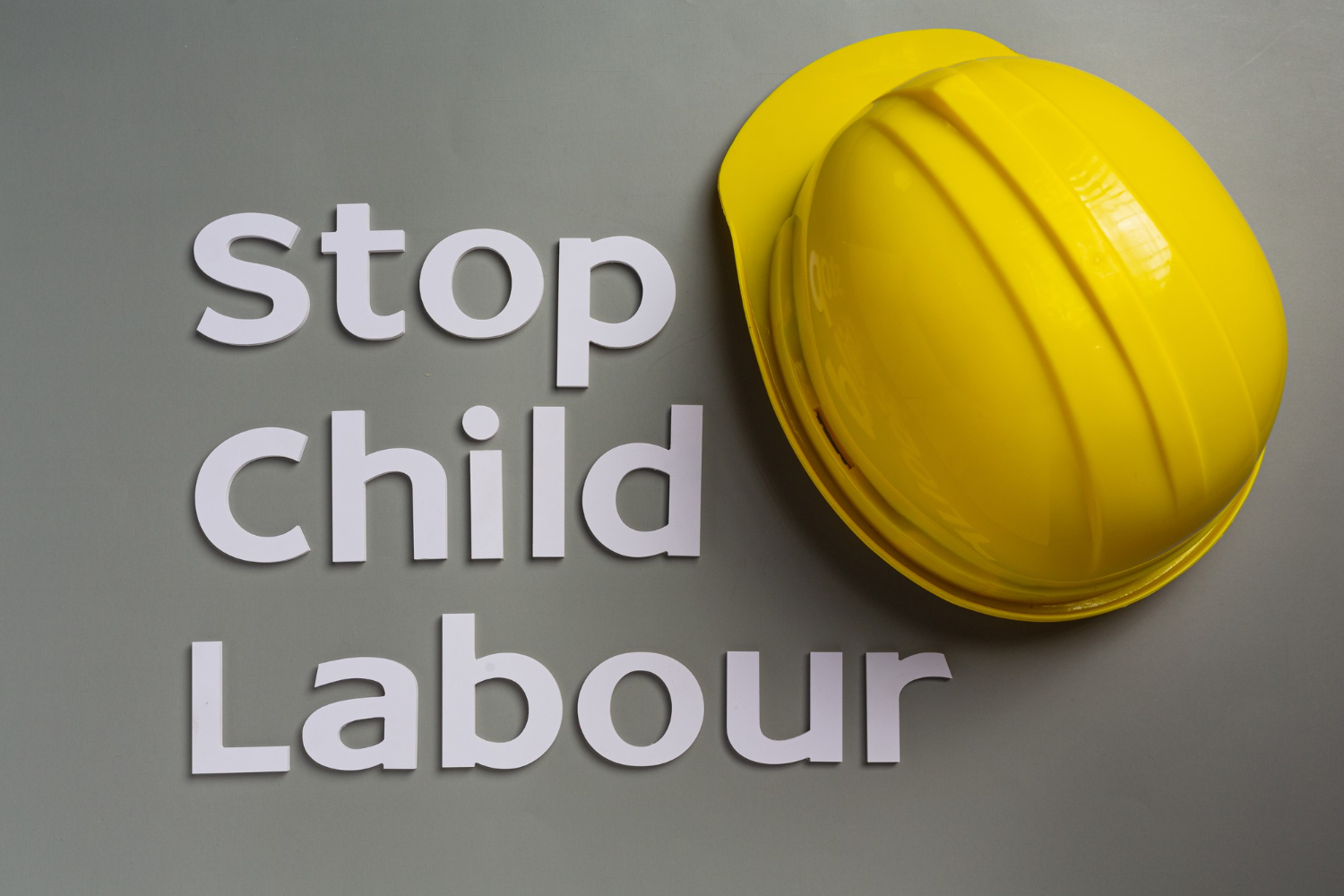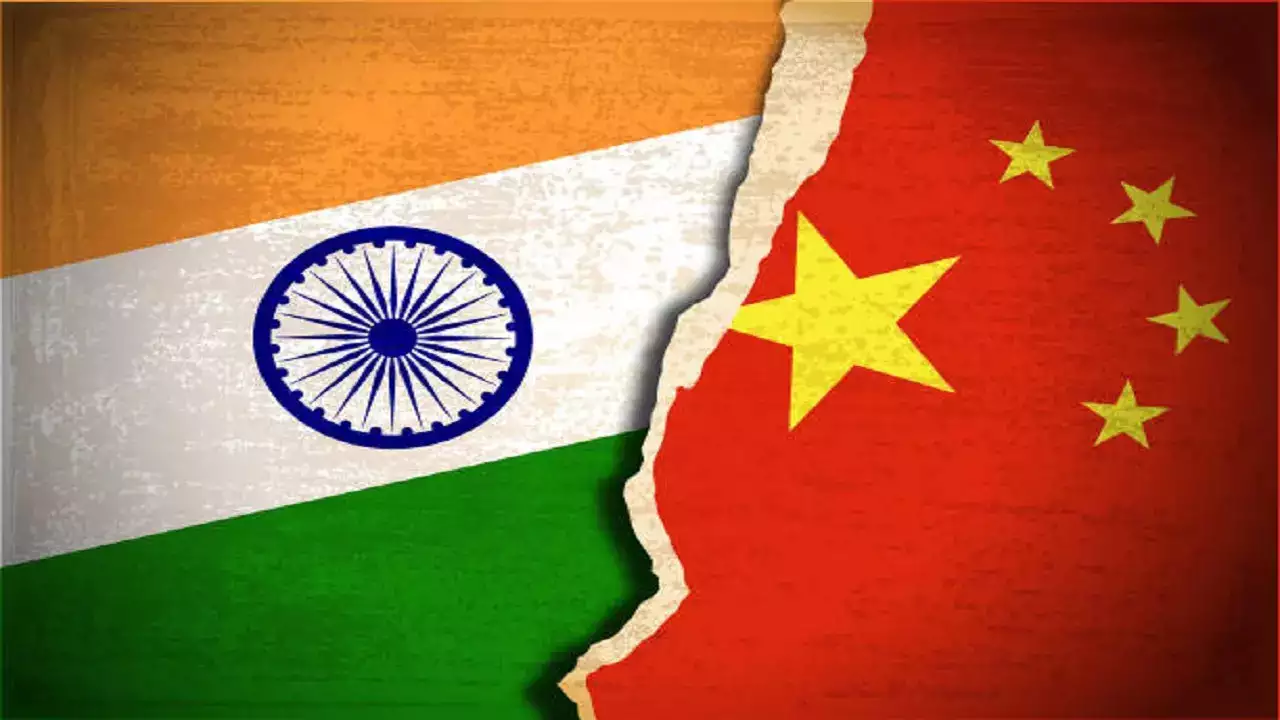The recent discovery of a mountain of cash and bullion in the homes of a close associate of Trinamool Congress (TMC) senior leader Partha Chatterjee has shocked the nation and embarrassed the party. Mamata Banerjee has removed him from the cabinet and suspended him from all party positions. The law must punish everyone involved in this heinous scam.
However, such a large cash hoarding is only the tip of the iceberg in terms of the amount of unaccounted cash that pervades the functioning of our democracy. This is something that all political parties are aware of. The BJP, on the other hand, is admirable in that it has zero tolerance for corruption in its political opponents. It is also a party that, under its inherent integrity, “morally transforms” those accused of crimes among its members, as well as those who make the “wise” decision to join it.
The facts support this. Since 2014, central investigative agencies have reportedly targeted 609 political opponents, their family members, and government critics. Only 39 appear to be from the BJP, while 570 appear to be against those opposed to it, a 340 per cent increase against political opponents when compared to the UPA-2 government. Corruption and wrongdoing are more prevalent among the BJP’s opponents than among the BJP itself.
The central agencies conducted raids on the aides of Akhilesh Yadav, the leader of the Samajwadi Party, just before the 2022 Assembly elections. 14 Trinamool Congress (TMC) leaders, associates, and relatives were targeted in the run-up to the 2021 West Bengal Assembly elections. In the same year’s Tamil Nadu Assembly election, eight DMK members were investigated, including party chief MK Stalin’s son and daughter-in-law, just four days before the polls.
All of these parties happened to be the BJP’s main political opponents in their respective states.
The BJP’s anti-corruption crusade spares no one. In 2019, tax investigations were launched against the wife, son, and sister of Ashok Lavasa, the incumbent Election Commissioner of India. It’s possible that Lavasa’s dissenting opinion on the clean chit given to top BJP leaders during the 2019 elections was coincidental. Lavasa later resigned and relocated to Manila to work for the Asian Development Bank.
Political opponents claim that the BJP’s probity policy is highly selective. Despite serious allegations of graft and land scams, BS Yediyurappa was elected Chief Minister of Karnataka in 2019. Diaries allegedly recovered from him show large payouts to BJP leaders, judges, and advocates. The Karnataka High Court refused to stay criminal proceedings against him, but the Supreme Court recently overturned this decision. The case is currently in court.
Suvendu Adhikari was questioned by the CBI in September 2014, shortly after the BJP took power, and by the Enforcement Directorate in 2017. But he was a Trinamool member back then. He has not been questioned since joining the BJP in 2020, and he is now the Leader of the Opposition in West Bengal.
Himanta Sarma of Biswa was the target of a sustained BJP campaign as the “key suspect” in a water supply scam in Guwahati. The party even printed a booklet with all the details. An American construction management company was accused of paying bribes in connection with the project. The US Department of Justice has filed a charge sheet under the Foreign Corrupt Practices Act for bribes paid to an unnamed minister in the Assam government. When Sarma joined the BJP, the party dropped its earlier demand that the case is turned over to the CBI. Assam’s BJP Chief Minister is now Sarma.
Similarly, in 2017, the CBI cleared Madhya Pradesh Chief Minister Shivraj Chauhan in the Vyapam scam. When former Maharashtra Chief Minister Narayan Rane joined the BJP, he was appointed to the Rajya Sabha, and no one knows, at least publicly, what is going on in the numerous cases against him for money laundering and land scams. Swami Prasad Maurya, who served in UP Chief Minister Yogi Adityanath’s cabinet before joining the Samajwadi Party in 2022, is now under investigation by the UP Special Task Force in a recruitment scam.
According to the Association of Democratic Reforms, 34 of the 78 ministers in Modi’s reshuffled cabinet of July 2019 have declared criminal cases against themselves. 25% have serious criminal cases, such as murder, attempted murder, robbery, and so on. According to available information, L. Murugan, Minister of State for Fisheries and Animal Husbandry and former BJP party chief in Tamil Nadu, is facing 21 criminal charges. Nisith Pramanik, Minister of State in the Ministry of Home Affairs, is facing 13 criminal charges, including murder and dacoity. John Barla, the Minister of State for Minority Affairs, has been charged with nine crimes, including attempted murder. Pankaj Chaudhury, Minister of State for Finance, is facing five criminal charges, including attempted murder. V. Muraleedharan, Minister of State for External Affairs, is facing a murder attempt. In six cases, Ports Minister Shantanu Thakur is accused of deception and criminal intimidation. The BJP must be correct when it claims that these serious cases were concocted by political rivals and that the ministers are innocent until proven guilty.
Our very independent police and investigative agencies will undoubtedly pursue these cases after they have completed their more important task of investigating government critics.
Some BJP leaders are especially forthright. Harshvardhan Patil, a former Maharashtra MLA who switched from the Congress to the BJP before the 2019 elections, stated at a public function in the Pune district in October 2021 that “everything is calm and easygoing (in the BJP). I get a good night’s sleep because there are no inquiries.” Sanjay Patil, a BJP MP from Maharashtra, was equally candid. A few days later, at an event in Sangli, he said, “Because I am a BJP MP, the Enforcement Directorate (ED) will not pursue me. To show off, we need to take out a loan to buy luxury cars worth Rs 40 lakh. The amount of loan we have will surprise the ED.”
The TMC must answer for the West Bengal government’s corruption scandal. Corruption, crime, and money power are all serious problems in Indian politics. All political parties, both the ruling BJP and the opposition parties, are complicit in some way. Every political cabinet contains skeletons of crime and corruption. Some cabinets can be opened, while others cannot.








